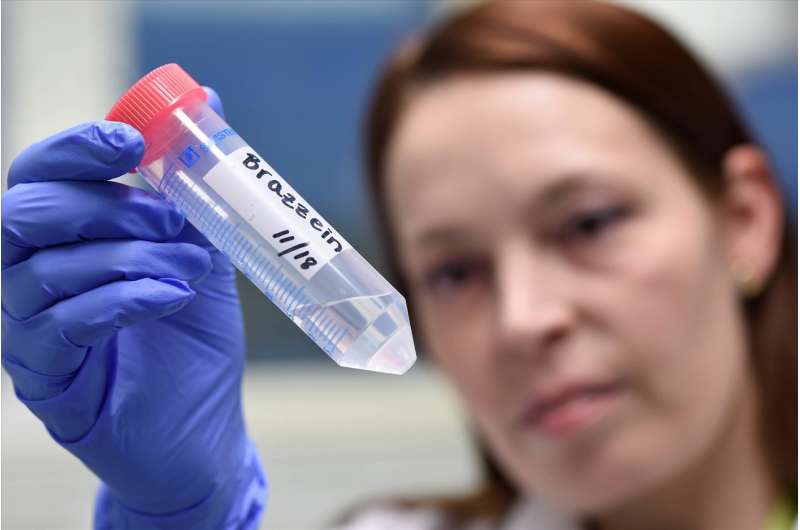An invention enables the production of a natural sweetener

A research group from Oulu University has developed a method capable of producing the natural sweetener brazzein. Production of brazzein as a good tasting sweetener has long been in development but until now, no solution for commercial production has been found.
Brazzein was first extracted from the fruit of the West African plant Pentadiplandra brazzeana in 1994. Brazzein is calorie-free and up to 2000 times sweeter than sugar, which immediately aroused great interest in the sweetener market. Producing brazzein by extracting it from the fruit is so expensive that it does not support the commercialisation of the sweetener.
A research team led by Professor Lloyd Ruddock from the University of Oulu, has developed a method in which modified bacteria can produce brazzein and other complex, disulfide bond containing proteins. Disulfide bonds are chemical structures whose formation in bacteria is challenging.
"We brought elements from mammalian cells into bacterial cells, allowing bacteria to produce functional, disulfide bond containing proteins. If the disulfide bonds are missing the protein does not fold correctly, but forms aggregates inside the cell. The correct three-dimensional fold of a protein is essential for them to work in their assigned roles, for example, as enzymes or as hormones", Professor Ruddock says.
The CyDisCoTM-system has been patented and the method has been licensed to companies. They use it to produce their own proteins, for example, pharmaceutical proteins and enzymes required in food and detergents.
The system's potential for commercialising the production of the brazzein sweetener is currently being studied in the TUTLI (Research for New Business) project funded by Business Finland. If the production is deemed commercially viable then the market for a new sweetener is open.
"In the commercialisation project, we are investigating under what conditions brazzein should be produced and how to safely purify it from the bacteria's own proteins. We are negotiating with food companies and and before the end of the project they will get brazzein for testing in their own products."
The flavour profile of brazzein is very similar to sugar and it does not have a bitter aftertaste. Brazzein can also withstand heating very well, unlike some commonly used artificial sweeteners. Natural, tasty brazzein that is suitable for use in baking and hot drinks will certainly attract interest in the food industry, as well as with consumers.
Provided by The University of Oulu




















